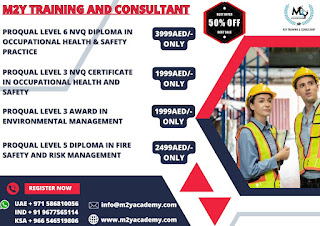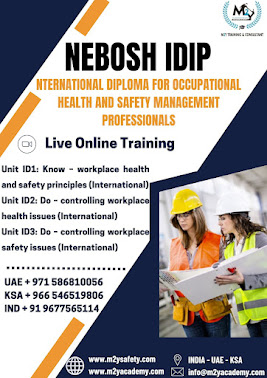What is NVQ and how valuable is an NVQ degree?
The National Vocational Qualification (NVQ) is a work-based qualification that provides a recognition of an individual's competence to perform a specific task at a certain level. It was introduced in the United Kingdom in 1986, as a part of the government's initiative to promote vocational education and training and to encourage people to acquire new skills to improve their career prospects.
 |
| NVQ LEVEL |
NVQs are available across a wide range of sectors, including manufacturing, construction, hospitality, health and social care, and business administration. They are designed to provide learners with the necessary knowledge, skills, and understanding to carry out their job roles effectively and to demonstrate their competency in a particular area.
The structure of NVQs varies depending on the level and sector, but all qualifications are based on the same basic principles. NVQs are assessed through a combination of on-the-job performance and evidence-gathering, and learners are required to demonstrate their competence by producing a portfolio of evidence that demonstrates their knowledge, skills, and understanding. The evidence is then assessed by an external examiner, who verifies that the learner has met the required standard.
NVQs are available at different levels, ranging from Level 1 to Level 7. Level 1 NVQs are designed for individuals who are just starting out in their careers or have limited experience in a particular sector. At this level, learners are expected to demonstrate basic skills and knowledge, such as following simple procedures and working safely.
Level 2 NVQs are aimed at individuals who have some experience in a particular sector and want to develop their skills further. At this level, learners are expected to demonstrate a good understanding of the job role and the industry and to be able to carry out a range of tasks with some supervision.
NVQ Level 3 is designed for individuals who have significant experience in a particular sector and want to progress to more senior roles. At this level, learners are expected to demonstrate a high level of competence and be able to work independently.
NVQ Level 4 is aimed at individuals who have a supervisory or management role in their organization. At this level, learners are expected to demonstrate a good understanding of their industry and to be able to manage people, resources, and processes effectively.
Level 5 and 6 NVQs are designed for individuals who have a strategic role in their organisation. At this level, learners are expected to have a deep understanding of their industry and to be able to develop and implement strategies that support the overall objectives of the organization.
Level 7 NVQs are aimed at individuals who have a senior management or executive role in their organization. At this level, the NEBOSH course in Coimbatore learners are expected to be able to lead and manage teams, develop and implement strategies, and make complex decisions that have a significant impact on the organization.
The value of an NVQ Level qualification depends on several factors, including the level and sector of the qualification, the learner's career aspirations, and the industry's demand for skilled workers. In general, NVQs are highly valued by employers because they demonstrate that the learner has the necessary knowledge, skills, and understanding to perform a specific job role to a high standard.
One of the key benefits of an NVQ qualification is that it is work-based, meaning that learners can gain practical experience while studying. This can be particularly valuable for individuals who are looking to change careers or progress within their current roles. NVQs provide learners with the opportunity to develop new skills and knowledge that are directly relevant to their job role, which can help them to become more effective in their current role or to progress to more senior positions.
Another benefit of NVQs is that they are flexible and can be tailored to meet the needs of individual learners. This means that learners can choose to focus on specific areas of their job role that they want to develop further, which can be particularly useful for individuals who have identified areas where they need to improve their skills or knowledge. In addition, NVQs are often available on a part-time basis, which can make them more accessible to individuals who are already in employment.
NVQs are also recognized by industry bodies and professional organizations, which can help to enhance an individual's career prospects. For example, in the construction industry, the Construction Skills Certification Scheme (CSCS) recognizes NVQs as evidence of an individual's competence to work in a particular role. Similarly, in the hospitality industry, the Institute of Hospitality recognizes NVQs as evidence of an individual's skills and knowledge in a particular area.
One potential downside of NVQs is that they are often seen as being less prestigious than academic qualifications such as degrees. However, this perception is changing, as employers increasingly recognize the value of work-based qualifications and the practical skills and knowledge that they provide. In addition, some universities now offer NVQs as part of their degree programs, which can provide learners with a combination of practical and academic skills.
Overall, the value of an NVQ qualification depends on the individual's career aspirations and the industry's demand for skilled workers. For individuals who are looking to develop their skills and progress within their current role, an NVQ can be a highly valuable qualification that demonstrates their competence and enhances their career prospects. For employers, NVQs provide a way to develop and retain skilled workers and to demonstrate their commitment to workforce development.


Comments
Post a Comment